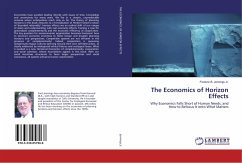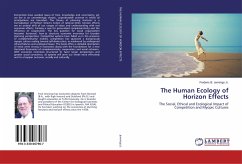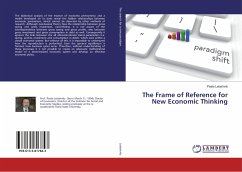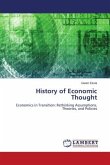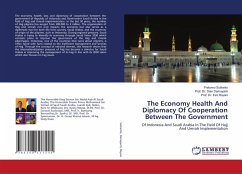Economists have avoided dealing directly with issues of time, knowledge and uncertainty for many years. We live in a chaotic, unpredictable universe where anticipations reach only so far. The theory of planning horizons in this book amounts to a formalization of Herbert Simon's notion of 'bounded rationality': horizon effects are an ordinal shift of our ranges of vision and understanding with real economic effects, framing a case for generalized complementarity and the economic efficiency of cooperation. The key question for socioeconomic organization becomes horizonal: how to structure economic incentives to foster longer and broader planning horizons and perspectives. Competitive systems are not efficient in the presence of complementarity! Indeed, competition is spawning dangerously myopic cultures spinning toward their own self-destruction, as clearly evidenced by widespread ethical failures and ecological losses. What is needed is a new Horizonal Economics of complementarity, cooperation and social cohesion, whose foundations appear in this book. With our social incentives structured to favor larger perspectives and social conscience, all systems will serve human needs better.
Bitte wählen Sie Ihr Anliegen aus.
Rechnungen
Retourenschein anfordern
Bestellstatus
Storno

